Springfield’s April 15 City Council saw alderpeople vote unanimously in favor of an amendment to the city’s agreement with the Springfield Sangamon County Growth Alliance to help put focus on economic development in the city’s underserved communities.
The amendment, brought forward by Alderman Shawn Gregory of Ward 2 with support from his fellow Black alders Roy Williams, Jr. of Ward 3 and Lakeisha Purchase of Ward 5, allocates a portion of the city’s contribution to the Grow Alliance towards the creation of what the amendment names the Minority Business and Community Advancement Working Council: designed to help address economic needs of Springfield’s core sectors, the working council would coordinate with both city departments and local businesses with an aim to improve conditions in areas of the city which have remained historically underinvested.
The Growth Alliance works with businesses and developers to enhance the economy of the greater Sangamon County area, including Springfield. The efforts of the Growth Alliance, through funding from both the City of Springfield and Sangamon County, have paid off in nearly $1.75 billion in increased economic activity in the county so far. SSGA President Ryan McCrady attributes the organization’s success to its ability to liaise with industry in ways the city cannot; catering to large businesses’ desire for confidentiality while connecting them with local developers and some city resources.
However, the direction of business growth has attracted criticism, both from the public and from the city council itself: many have pointed out the lopsided focus on expanding the west side of Springfield has come at the detriment of the downtown and eastern areas of the city – which are home to the bulk of the city’s population of color – as well as the city’s north and northeast regions.
The needs of these communities, the alders worry, are not being heard by the SSGA’s executive committee.
“Are any people of color on the executive committee?” Ald. Gregory asked President McCrady on Tuesday.
“Not anymore,” McCrady replied. “We had a gentleman of color on the executive committee, and then he delegated the job to somebody else in his organization that is not of color.”
“I ask that because I think those things are important,” explained Gregory. “If we look to survive through these hard times that we’re coming upon – the federal government taking money, slashing things – we’re going to have to rise to the level of self-sustainability. That means our people in Springfield working.”
Ald. Gregory noted that numerous projects throughout the city have recently gone outside the Springfield area for contract labor which may not have even technically met the city’s request for minority workers – a fact which drew dozens of union laborers to council in early February.
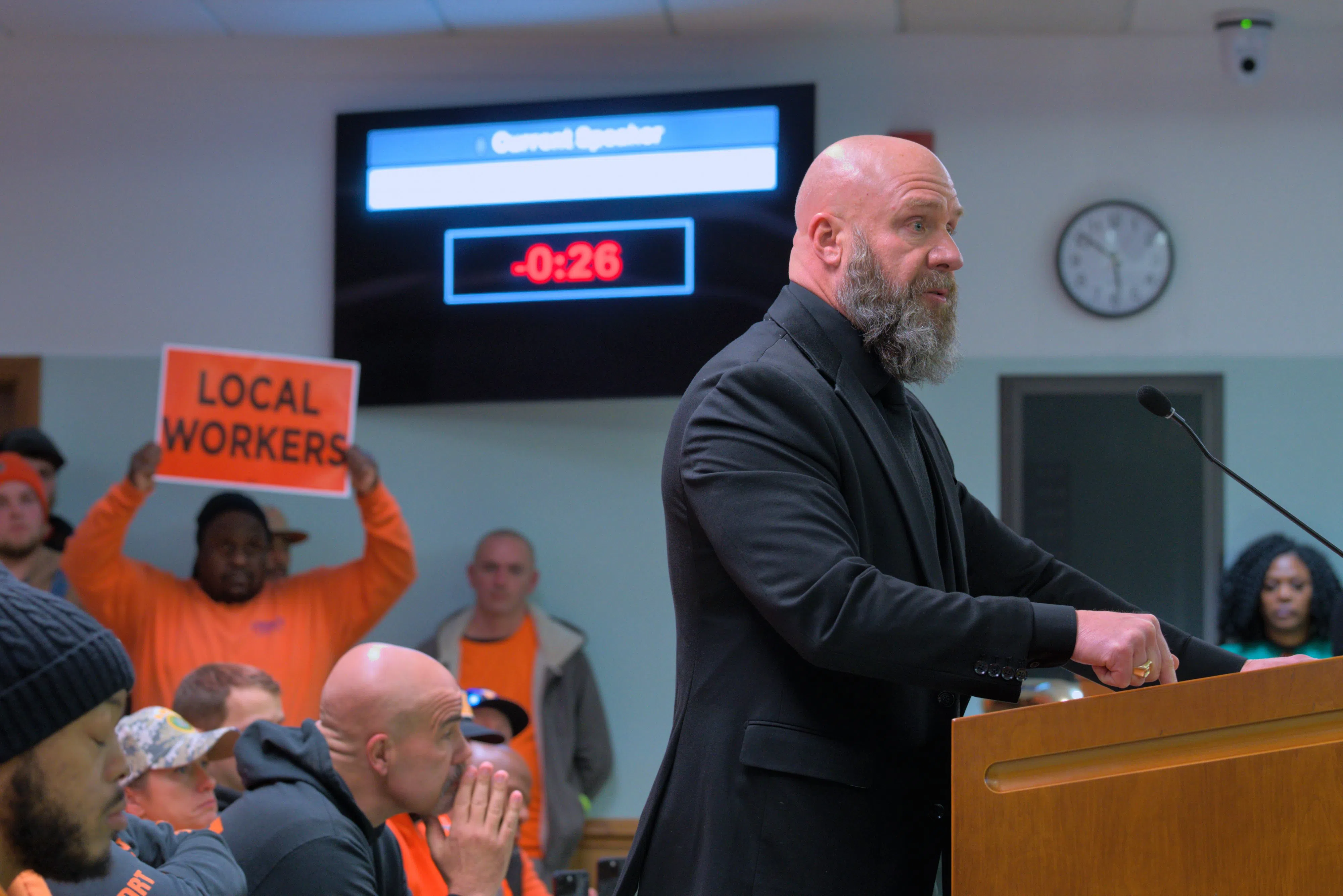
Brad Schaive of LIUNA Local 477 speaking on behalf of local unions at Committee of the Whole, February 11 2025 (photo cred. Stan Anders)
Sr. Assistant Corporation Counsel Kateah McMasters confirmed to Ward 10 Ald. Ralph Hanauer that the city’s code currently expresses minority involvement (FBE/MBE) as a goal rather than a requirement of Project Labor Agreements with contractors. New language is expected to be brought to the council in order to make the city’s FBE/MBE goals mandatory for any PLA.
“If we don’t have minorities and people of color working on [city projects], it doesn’t help us any,” Gregory told McCrady. “It helps a little bit… but the big money, the millions of dollars, won’t ever see the community.
“I want all of our small businesses to grow, because that’s just how we’re going to sustain — making sure our people are working on these projects… It is ridiculous to have to keep talking about it.”
Other alders from across the city concurred with Gregory’s frustration at the east side’s underdevelopment.
“It’s not a west side versus east side issue – but people from this side of town, and my ward, and even I drive to go out west and go shopping,” pointed out Ald. Lakeisha Purchase.
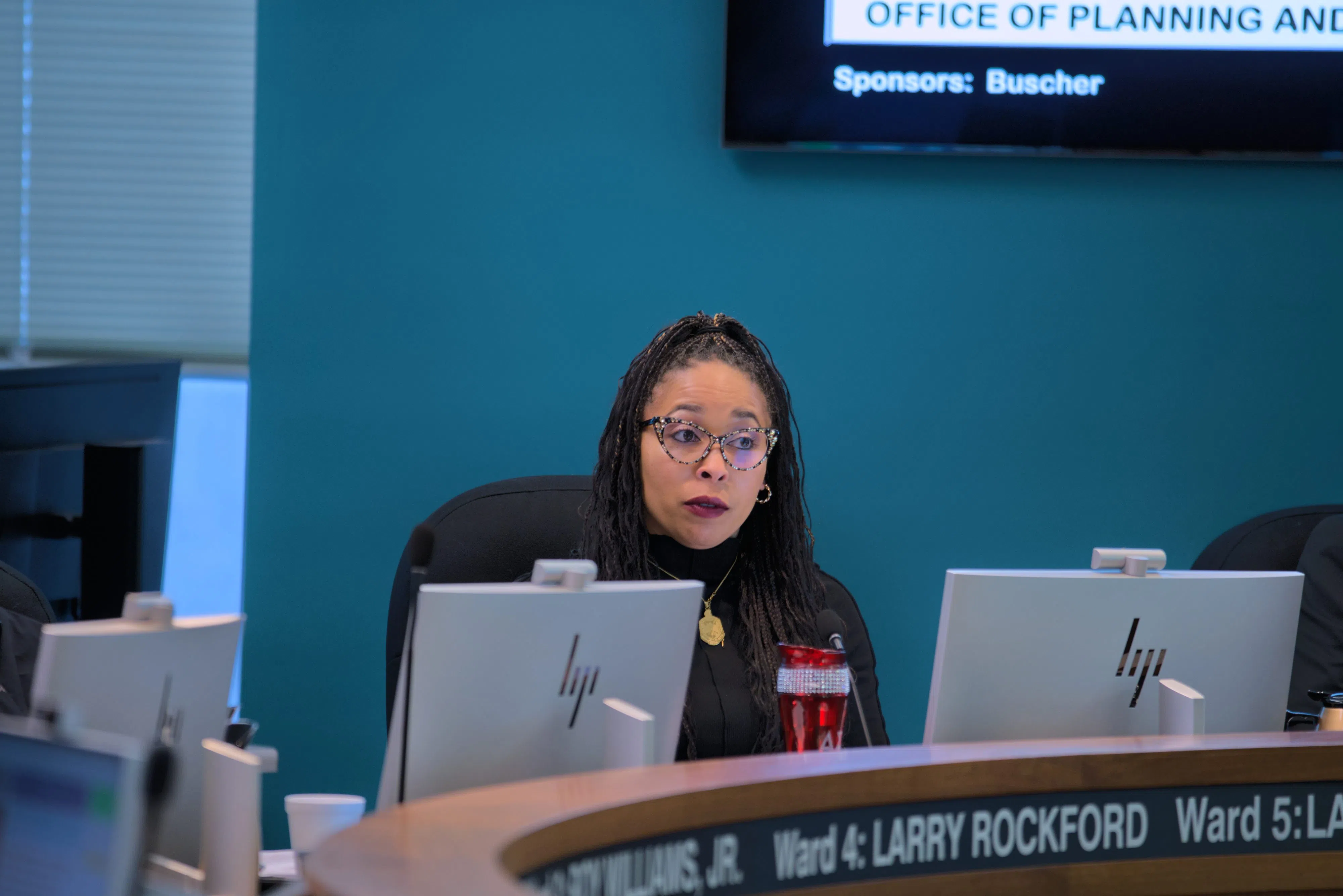
Ward 5 Ald. Lakeisha Purchase
“We need to see some of that come back to the inner city. This is one of the things that’s really starting to frustrate me about our downtown: our downtown is for everyone to come to, and I’m not seeing any growth in that area. I’m seeing more going to support the other side of town, and the east side is just… I get where Shawn is coming from.”
For his part, McCrady agreed that Springfield’s east side has been neglected. He told the alders that it took some effort to locate the city’s planning materials for eastern Springfield, the most recent of which is now several years old, and completely unimplemented.
“In the end, having a stronger east side, having a stronger north end and a reinvigorated downtown makes my ward better,” asserted Ald. Erin Conley of Ward 8. “It makes our city better, and I think that’s really the intent of what’s going on here.”
After some initial suggestions to simply approve Ald. Gregory’s amendment and wait until the Growth Alliance’s board was able to examine the changes, the City Council eventually voted in favor of both the amendment and the ordinance, as amended, for funding the Growth Alliance contingent on the creation of the Minority Business and Community Advancement Working Council. SSGA President McCrady left council with a copy of the amendment’s requirements, which now require approval from the Growth Alliance in order for their contract with the city to be altered.
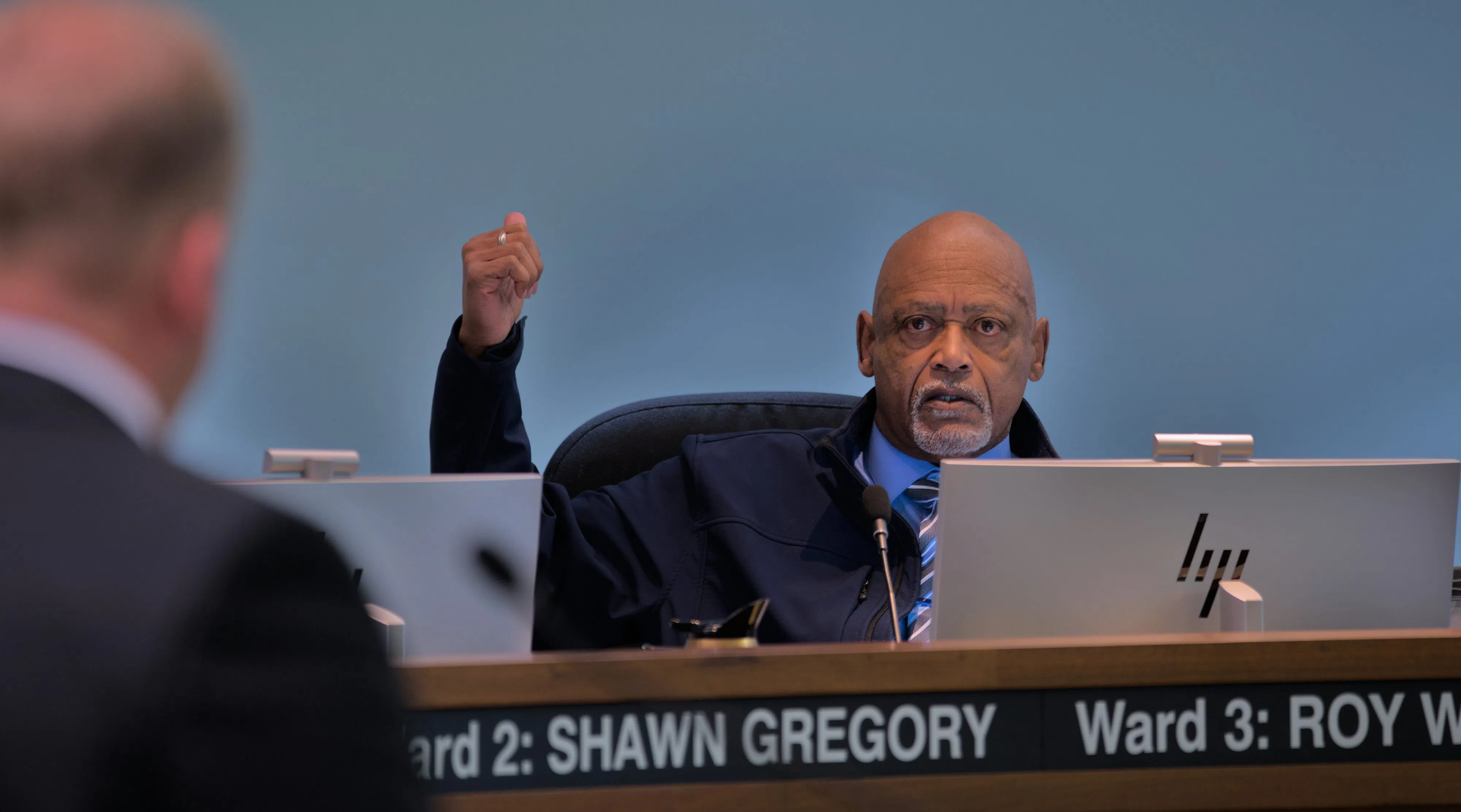

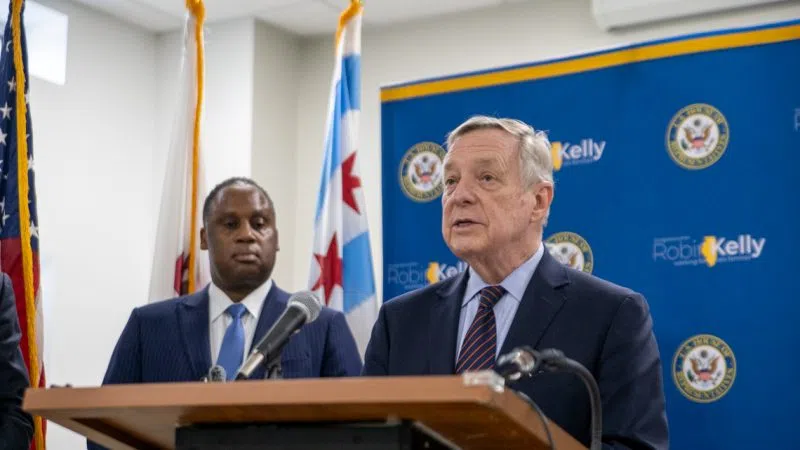



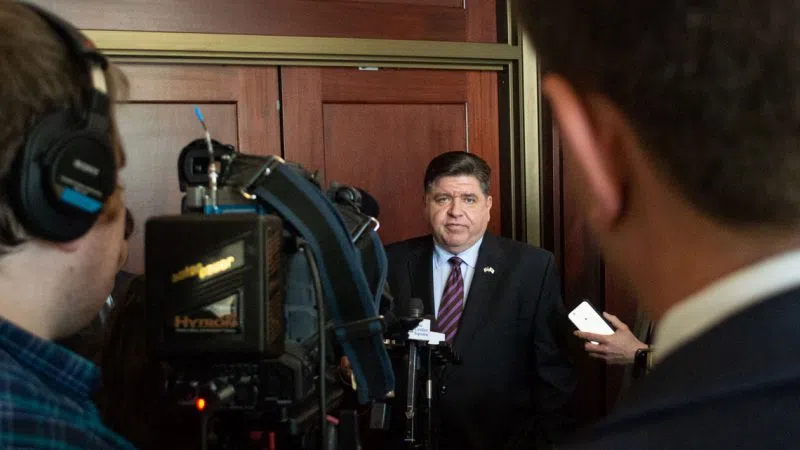

Comments